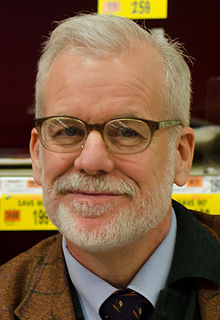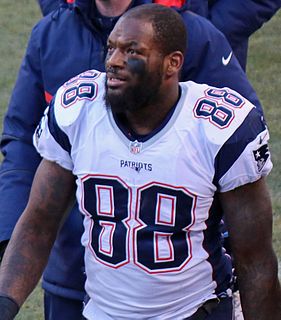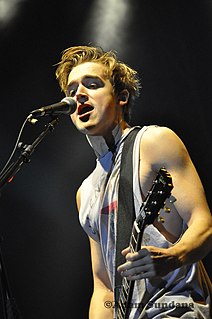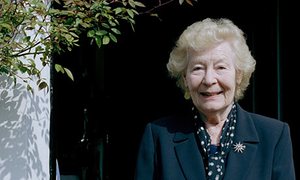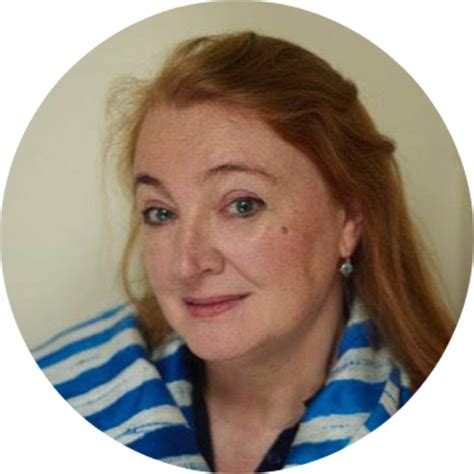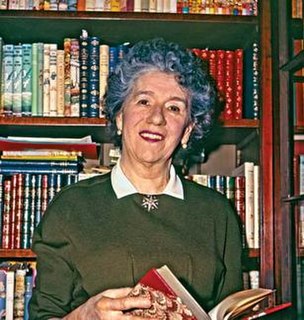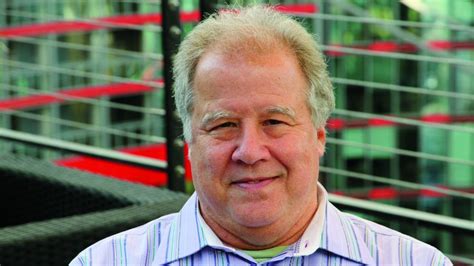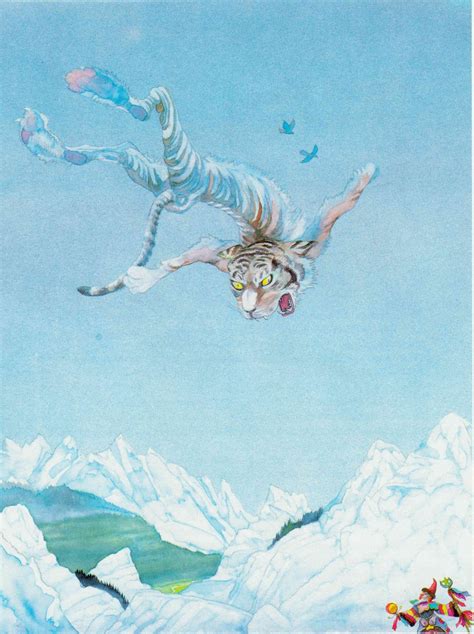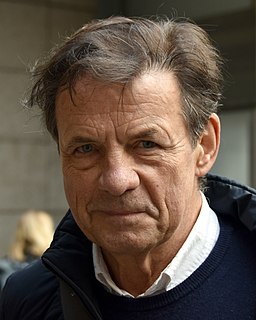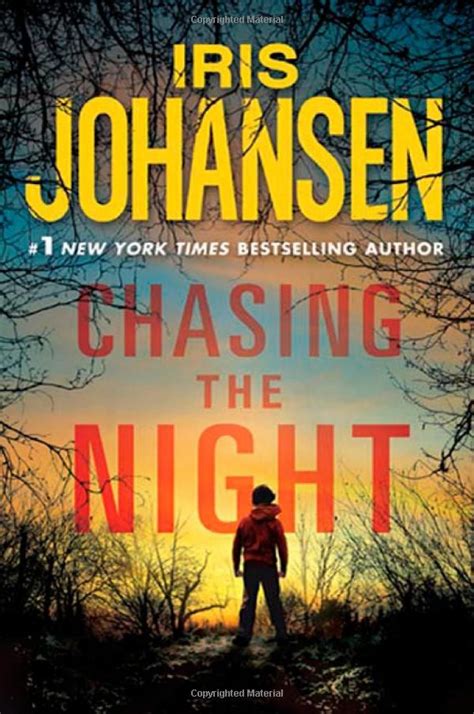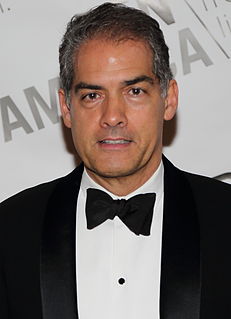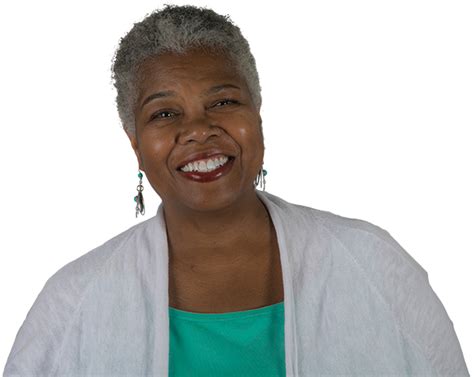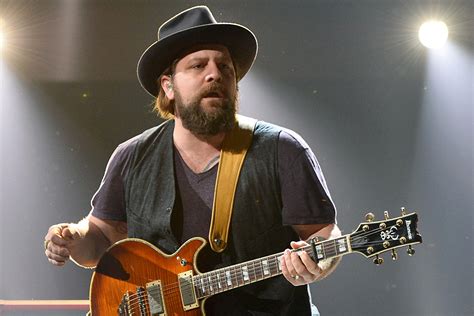Top 1200 Writing Children's Books Quotes & Sayings
Explore popular Writing Children's Books quotes.
Last updated on November 28, 2024.
Kids not only need to read a lot but they need lots of books they can read right at their fingertips.They also need access to books that entice them, attract them to reading. Schools...can make it easy and unrisky for children to take books home for the evening or weekend by worrying less about losing books to children and more about losing children to illiteracy.
I've heard people ask, What's so sacred about a classic books that you can't change it for the modern child? Nothing is sacred about a classic. What makes a classic is the life that has accrued to it from generation after generation of children. Children give life to these books. Some books which you could hardly bear to read are, for children, classic.
I don't change the language for children books. I don't make the language simpler. I use words that they might have to look up in the dictionary. The books are shorter, but there's just not that much difference other than that to be honest. And the funny thing is, I have adult writer friends [to whom I would say], "Would you think of writing a children's book?" and they go, "No, God, I wouldn't know how." They're quite intimidated by the concept of it. And when I say to children's books writers, would they write an adult book, they say no because they think they're too good for it.
Writing my own stories had always been one of my dreams, but I didn't start until I was 29. I was working in a book warehouse and was assigned to the third floor where all the children's books were. For four and a half years, I spent all day, every day around children's books, and it wasn't long before I fell in love with them.
My daughter is seven, and some of the other second-grade parents complain that their children don't read for pleasure. When I visit their homes, the children's rooms are crammed with expensive books, but the parent's rooms are empty. Those children do not see their parents reading, as I did every day of my childhood. By contrast, when I walk into an apartment with books on the shelves, books on the bedside tables, books on the floor, and books on the toilet tank, then I know what I would see if I opened the door that says 'PRIVATE--GROWNUPS KEEP OUT': a child sprawled on the bed, reading.
I want to see children curled up with books, finding an awareness of themselves as they discover other people's thoughts. I want them to make the connection that books are people's stories, that writing is talking on paper, and I want them to write their own stories. I'd like my books to provide that connection for them.
I wish that the adults who are 'in power' cared more about what their children read. Books are incredibly powerful when we are young - the books I read as a child have stayed with me my entire life - and yet, the people who write about books, for the most part, completely ignore children's literature.
A house without books is like a room without windows. No man has a right to bring up his children without surrounding them with books, if he has the means to buy them. It is a wrong to his family. He cheats them! Children learn to read by being in the presence of books. The love of knowledge comes with reading and grows upon it.
There isn't a grand plan at work in the progression of the books with respect to the line. I do want the books to be different from each other, certainly, but I'm more aware of that on the level of theme or structure. I can tell when I'm writing the last of a particular type of poem because the writing is too easy and I start to feel queasy.
There is the myth that writing books for children is easier than writing books for grownups, whereas we know that truly great books for children are works of genius, whether it's 'Alice in Wonderland' or the 'Gruffalo' or 'Northern Lights.' When it's a great book, it's a great book, whether it's for children or not.
Writing books isn't a drastic departure from writing for the stage. I've always written in the long format, five, eight, 10-minute pieces rather than one-liners, so since writing books, the process hasn't changed much. A piece in my live routine can end up as part of one of my HBO specials, and it can also end up in one of the books.
